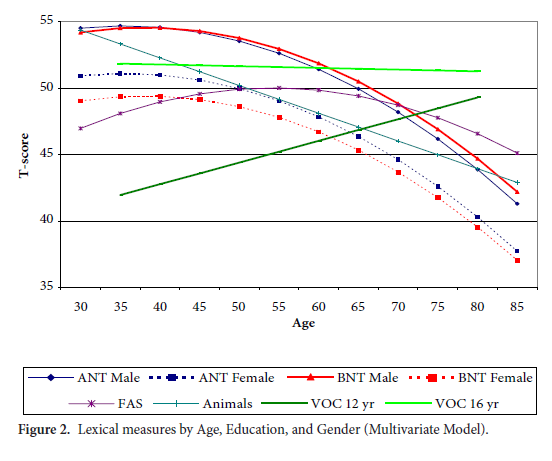Lowpass filtering to remove speech content?
In the "halfalogues" research that I've discussed in a couple of posts recently ("Halfalogues", 6/9/2010; "Halfalogues onward", 6/11/2010), one of the experimental manipulations was intended to establish that "it is the unpredictable informational content of halfalogues that result [sic] in distraction", and not (for example) that the distraction is simply caused by an acoustic background that comes and goes at irregular intervals like those of conversational turns.
As I suggested in passing, the method that was used for this experimental control has some intrinsic problems, and the paper doesn't give enough information for us to judge how problematic it was. Today I'm going to explain those remarks in a bit more detail. (Nerd Alert: if you don't care about the methodology of psychophysical experimentation, you may want to turn your attention to some of our other fine posts.)
Read the rest of this entry »

